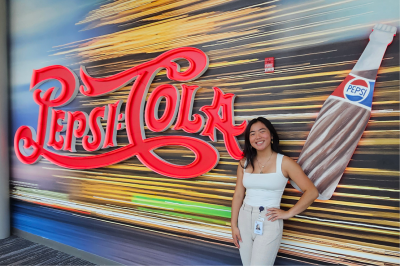Flexible Packaging Minor
- RIT /
- College of Engineering Technology /
- Academics /
- Flexible Packaging Minor
Curriculum for 2025-2026 for Flexible Packaging Minor
Current Students: See Curriculum Requirements
Contact
Program Contact
- Stefanie Soroka
- Senior Academic Advisor
- Dean’s Office
- College of Engineering Technology
- 585‑475‑4974
- swsmet@rit.edu
Offered within
the
Department of Packaging and Graphic Media Science
Department of Packaging and Graphic Media Science
Search RIT
This website uses cookies to provide better user experience and functionality. You can control and configure cookies in your web browser.
Cookie Statement
|
How to Disable Cookies



